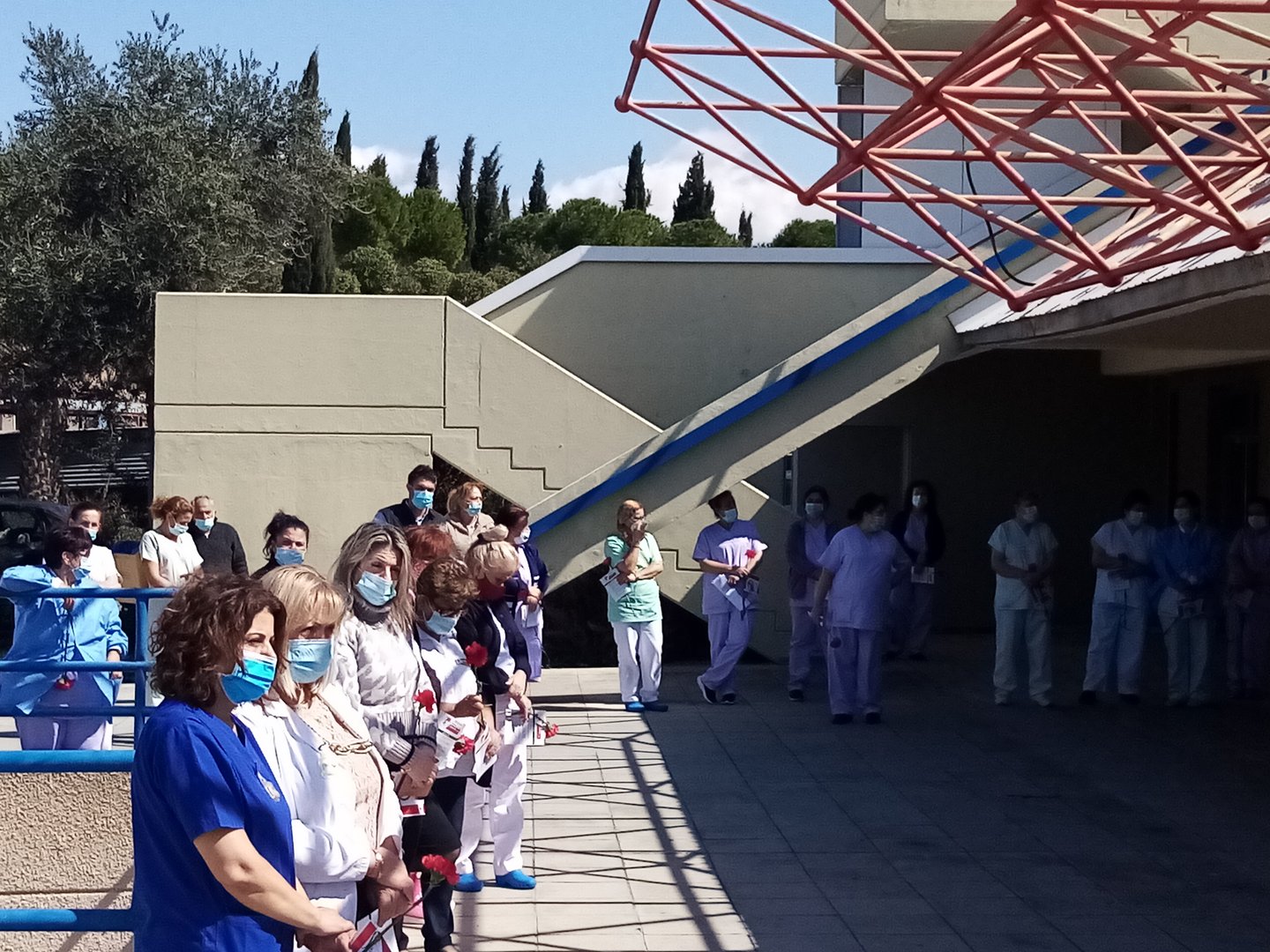The purchasing power of the average salary in Cyprus is currently 6.8 per cent below 2006 levels, with real wages still on a downward trajectory, according to a report by the Cyprus Labour Institute (INEK) released on Wednesday.
INEK’s scientific associate Elias Ioakimoglu told an online presentation organised by left wing labour confederation Peo that the purchasing power of the average salary had slumped by 11 per cent in 2014 in the wake of the economic crisis and the bailout.
As the economy improved from 2015 to 2019 salaries regained much of the lost ground to reach -3.3 per cent compared to 2006 only to be dealt another blow by the pandemic. Recovery has started but purchasing power remains reduced, he added.
And while GDP has recovered to 2019 levels, wages have not, with rising inflation eroding purchasing power still further.
In contrast, the capital share – that is the share of the national income distributed as capital income (interest, profits, dividends, realised capital gains) has surged.
Whereas from 2002, Cyprus had seen stability between the capital share and the labour share, this had ended with the implementation of the bailout agreements. From 2015, the capital share of income rose faster that the labour share – by 2021 it was 41 per cent up on 2006, whereas the labour share had eked out gains of only 6 per cent over the same period, he said.
The labour share of income does not reflect the average real wage. In contrast, figures show that even though 6 per cent more salaries are paid out, the average wage was down 6.8 per cent meaning that more people are working for less pay.
Comparing annual remuneration per salaried employee in Cyprus with other countries in south Europe, he said that salaries here are lower than Italy and Spain, but higher than Portugal and Greece.
He also warned about inflation and the current account deficit which at 9.1 per cent is the highest in the EU.
Addressing the conference, INEK director Pavlos Kalosinatos said the basic conclusion of the study is that income has still not returned to 2019 levels. The report proposes a new strategy of a sustainable GDP, propelled by an increase in wages, he added.
Peo general secretary Soteroulla Charalambous said that the social dialogue on the adoption of a national minimum wage was underway, and stressed that where there are collective agreements, these should apply to the whole economic sector.
She also called for measurse against rising prices and wider social programmes to operate as a mechanism for a fairer redistribution of income.
And she said that the fact that although employment was up, the position of employees has not improved due to informal flexible working regimes and fewer employees being covered by collective agreements.







Click here to change your cookie preferences